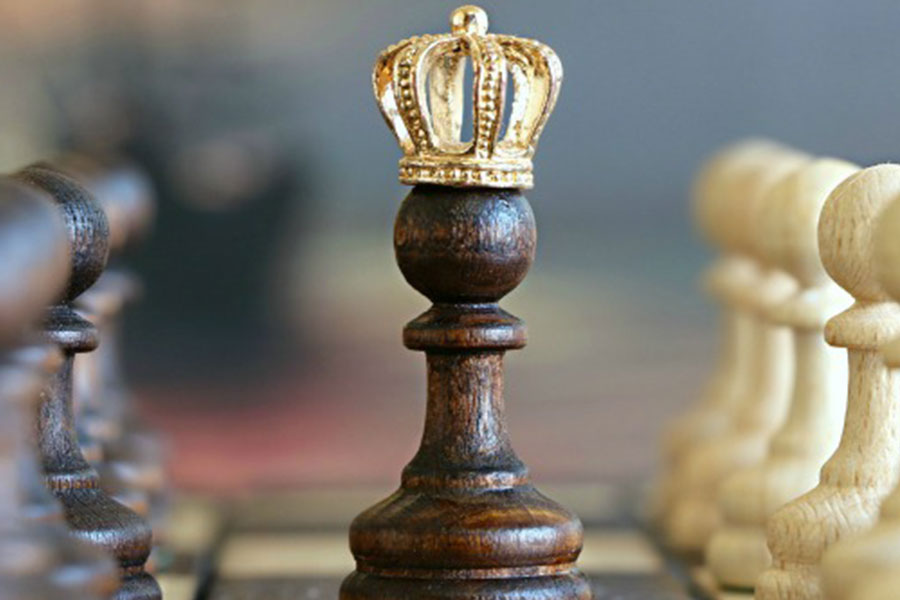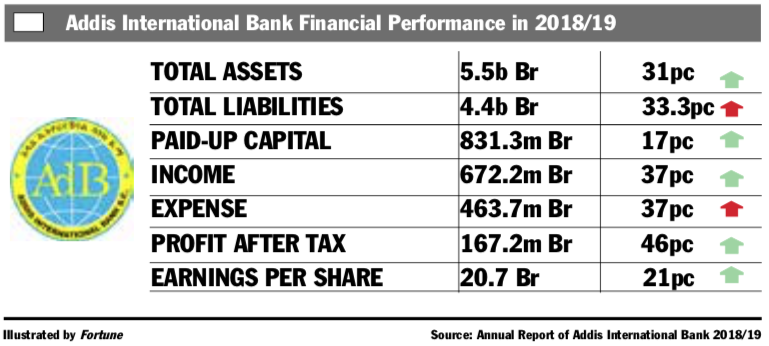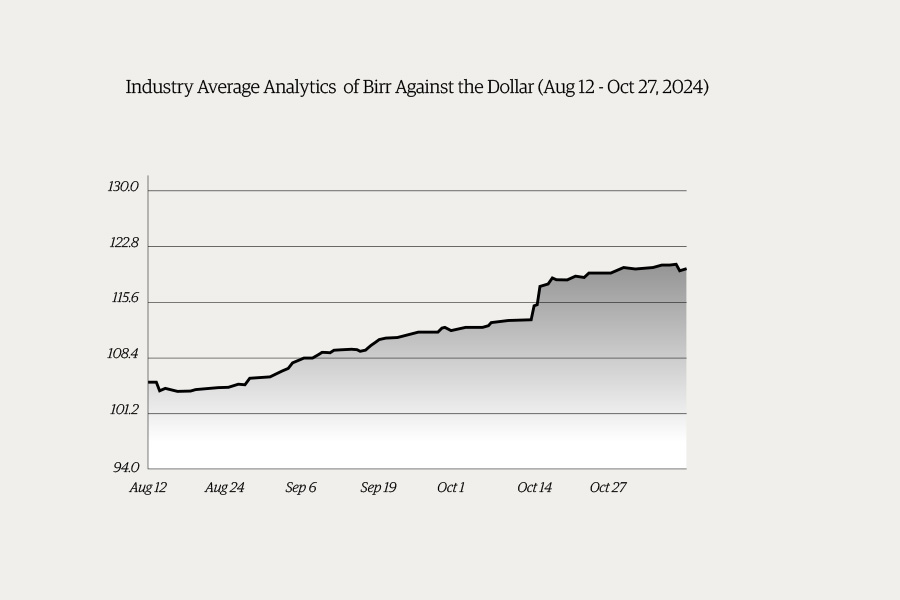
There was a time when it used to take hours to download small megabyte-sized files from the internet. The urge to browse, back then, was screeched to a halt because of the slow internet connection. It took all the incentives away. Now, thanks to great leaps in the development of chips, software and artificial intelligence (AI), nearly all knowledge is accessible on our smartphones.
Unfortunately, quantity does not mean quality. There is also not much content on the internet that is not from developed countries. Succumbing to despair over the availability of local quality reads, and the incessant barrage of audio-visuals from social media, a friend and I decided to augment our reading in the good old way. We searched for physical books in the old neaighbourhoods of Addis Abeba.
I took the initiative and headed to visit some notable book stores in the capital. First, I went to Arada’s Africans Bookshop. Conceding a part of it to a jeweller shop, it still survived in an urban core such as Piassa. Yet, the onslaught from the Internet is visible, and the offers it has now are incomparable to what it used to have on sale. Yet, I managed to find some books to buy. The next stop was Mega publishing. There too, some good offers. Yet, it was the scene I encountered at the next bookstore, Walya publishers, at Arat Kilo, that gave me hope. It was an atmosphere right for lovers of books.
When I arrived at my house with books from all the shops, I immediately started browsing about research conducted about reading. For instance, do people remember more of what they have read than what they have seen or heard. Some researches show that those so dependent on the audio-visual medium for information score low on memory tests.
It is easier to watch something on the television or computer than to read a newspaper. The former takes less effort. It is this effort in reading that leads to better retention and understanding. Research on learning from video versus text echoes what we see with audio. This assertion was reinforced after researchers in Spain found that fourth through sixth graders who read texts showed far more mental integration of the material than those watching videos. The researchers suspected that students “read” the videos more superficially because they associate video with entertainment, not learning.
Digital media affects us much the same way TV and radio do. It diminishes concentration, is perceived as entertainment, incentivises us to multitask and to less frequent reviewing of what has been read, heard or viewed.
It continues by affirming that digital texts, audio and video all have educational roles, especially when providing resources not available in print. However, for maximising learning where mental focus and reflection are called for, educators – and parents – should not assume all media are the same, even when they contain identical words.
Why the struggle with diminished concentration, an entertainment mindset and a tendency to multitask while consuming any digital content, especially of audio-visual ones?
Literature avoids glitz, encouraging readership whether the writing is valued for its stylistic and artistic qualities, for the information or instruction they provide. Words are less superficial. They also leave much to the imagination. Our minds work overtime to construct and connect information and senses. Audio-visual does all the work by itself. No effort is required on our part.
It is thus important we support bookstores and libraries that offer a clean, quiet and wholesome atmosphere to think, write and imagine. Reading and books remain the undefeated champions for charting the path of civilisation. Audio-visual is nothing but a fad.
PUBLISHED ON
Jul 09,2022 [ VOL
23 , NO
1158]


Agenda | Mar 14,2020

Sunday with Eden | Jul 24,2021

View From Arada | Oct 01,2022

Fortune News | Dec 28,2019

Money Market Watch | Nov 09,2024

Dec 22 , 2024 . By TIZITA SHEWAFERAW
Charged with transforming colossal state-owned enterprises into modern and competitiv...

Aug 18 , 2024 . By AKSAH ITALO
Although predictable Yonas Zerihun's job in the ride-hailing service is not immune to...

Jul 28 , 2024 . By TIZITA SHEWAFERAW
Unhabitual, perhaps too many, Samuel Gebreyohannes, 38, used to occasionally enjoy a couple of beers at breakfast. However, he recently swit...

Jul 13 , 2024 . By AKSAH ITALO
Investors who rely on tractors, trucks, and field vehicles for commuting, transporting commodities, and f...

Jun 28 , 2025
Meseret Damtie, the assertive auditor general, has never been shy about naming names...

Jun 21 , 2025
A well-worn adage says, “Budget is not destiny, but it is direction.” Examining t...

Jun 14 , 2025
Yet again, the Horn of Africa is bracing for trouble. A region already frayed by wars...

Jun 7 , 2025
Few promises shine brighter in Addis Abeba than the pledge of a roof for every family...